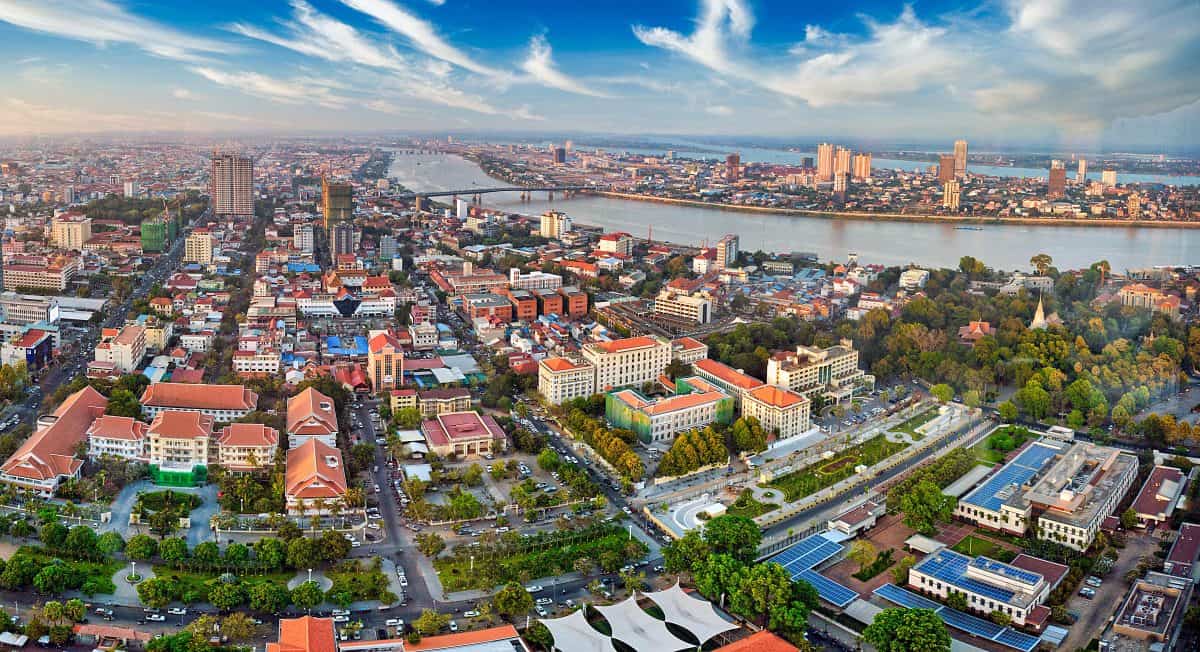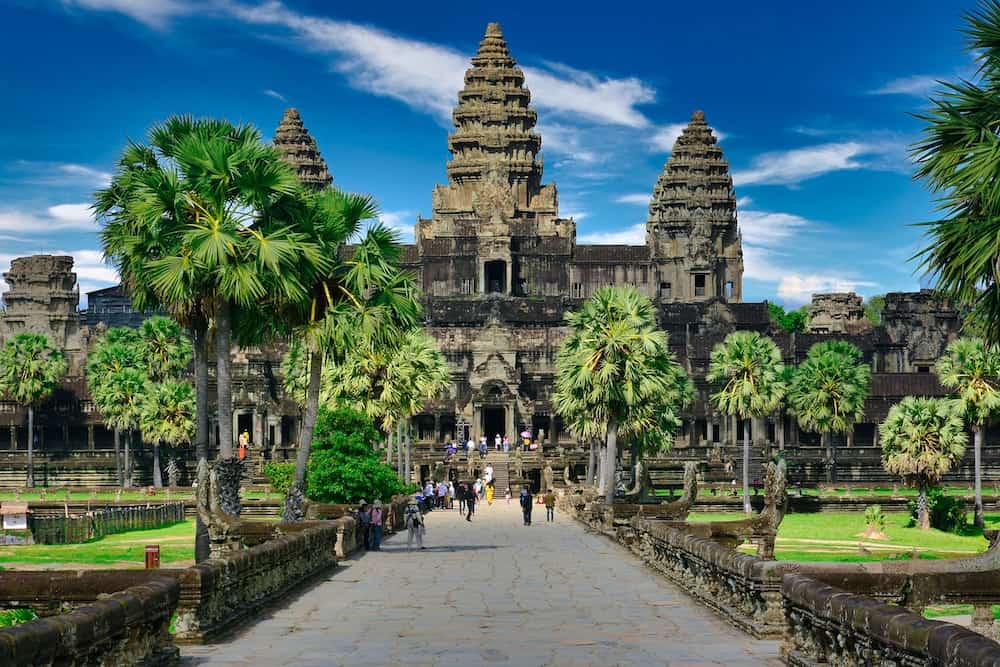7 good reasons to buy a villa in Bali
12/12/2025
Bali real estate Investor tips UncategorizedThe Cambodian economy in 2023 continued to show signs of robust recovery, after the challenges imposed by the COVID-19 pandemic. This resilience is due to a number of factors, including sound economic diversification, increased foreign direct investment and a resurgent tourism sector.
Economic growth, estimated at 5.4% for 2024, was supported by the recovery of key sectors such as textiles, tourism and construction. Cambodia has also benefited from increased exports, thanks in part to its integration into regional and global value chains.
Foreign direct investment has played a crucial role, particularly from China, as part of the “Belt and Road” initiative. These investments have been concentrated in a variety of sectors, including real estate, construction and infrastructure, contributing to the country’s economic transformation.
Tourism, a pillar of the Cambodian economy, saw a significant rebound in 2023. The reopening of borders and the easing of restrictions linked to COVID-19 have encouraged the return of international tourists, with a notable positive impact on the local economy.
 Phnom Penh, the capital of Cambodia, continued to see its real estate market grow in 2024, attracting both local and foreign investors. This growth is underpinned by rapid urbanization, an expanding middle class and growing interest from foreign investors.
Phnom Penh, the capital of Cambodia, continued to see its real estate market grow in 2024, attracting both local and foreign investors. This growth is underpinned by rapid urbanization, an expanding middle class and growing interest from foreign investors.
The condominium market was particularly buoyant, with supply increasing to meet growing demand from young professionals and expatriates. Development projects focus on high-quality offerings, integrating modern services and amenities.
Commercial and office space has also expanded, driven by the growth of local businesses and the arrival of international companies. This has led to an increase in land prices in the central areas and expansion to the outskirts of the city.
 Siem Reap, home to the famous Angkor temples, saw its real estate sector evolve in 2024, thanks in particular to the upturn in tourism. The market has diversified, with an increase in investments in hotels, vacation homes and retail outlets.
Siem Reap, home to the famous Angkor temples, saw its real estate sector evolve in 2024, thanks in particular to the upturn in tourism. The market has diversified, with an increase in investments in hotels, vacation homes and retail outlets.
The city’s residences aim to attract not only tourists but also permanent residents, offering new housing options, accommodating both passing tourists and digital nomads, as well as longer-term renters, looking to live in a more relaxing, less dense setting than the capital of Phnom Penh. In Siem Reap, the emphasis is on sustainable development and harmonious integration with the region’s cultural and natural landscape, in order to welcome people in search of a quality living environment.
This is also favored by the Cambodian government, which is investing in infrastructure improvements in Siem Reap, facilitating access and increasing the town’s attractiveness for long-term investment.
The year 2024 thus marks a period of continued growth for real estate in Cambodia, supported by a strong and diversified economy. In both Phnom Penh and Siem Reap, real estate is expanding, reflecting economic optimism and attracting increased international interest. With its investment-friendly policies and openness to the world, Cambodia continues to position itself as an attractive destination for real estate investment in Southeast Asia.